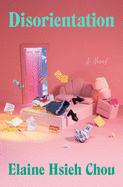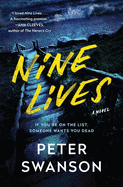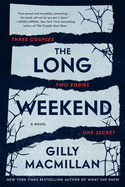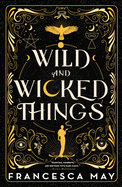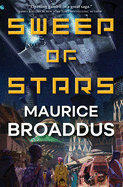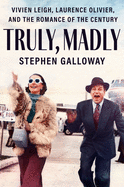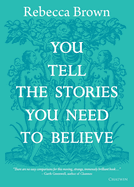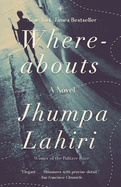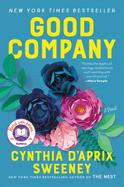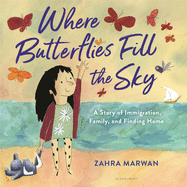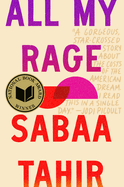 |
|
Shannon Hale (l.) and LeUven Pham
(photo: Alex Puvilland
|
LeUyen Pham and Shannon Hale are the team behind the graphic novels Real Friends, Best Friends and Friends Forever and, with Dean Hale, the early chapter book series The Princess in Black. Pham lives in Los Angeles; Hale lives in Utah. They are both moms of kids who aren't afraid to get messy, wives to husbands who make art, Honor award winners (Caldecott and Newbery, respectively), caretakers of cats and believers in unicorns. Here they chat here about co-writing, the magic of friendship and the follow-up to their picture book Itty-Bitty Kitty-Corn, Pretty Perfect Kitty-Corn (Abrams Books for Young Readers, $18.99).
LeUyen Pham: Okay, Shannon, why don't you start by telling how we first came up with the idea for Kitty-Corn.
Shannon Hale: We were on tour for Best Friends. You and I are similar--when we're on tour, we're still working. Between two school visits, we were in a coffee shop. I was supposed to be revising a manuscript and you were working on a picture book, but we started talking about what would it be like if writers and illustrators created picture books together, side-by-side.
Pham: This was such a departure from anything I'd done before. It was like returning to childhood with your best friend and scribbling in a corner and doing something for the pure joy of it, rather than with the intent of anyone reading it. For that alone, it was so special. We could have been snuggled up at a sleepover together, scribbling away in the dark and producing this special thing. That's where Itty Bitty Kitty-Corn was born, between two friends.
Hale: We've often said, "Oh, if only we had grown up together, we would have been making books together all the time." This was like stepping back through time, being kids together, and coming up with a book as a game. It was pure delight.
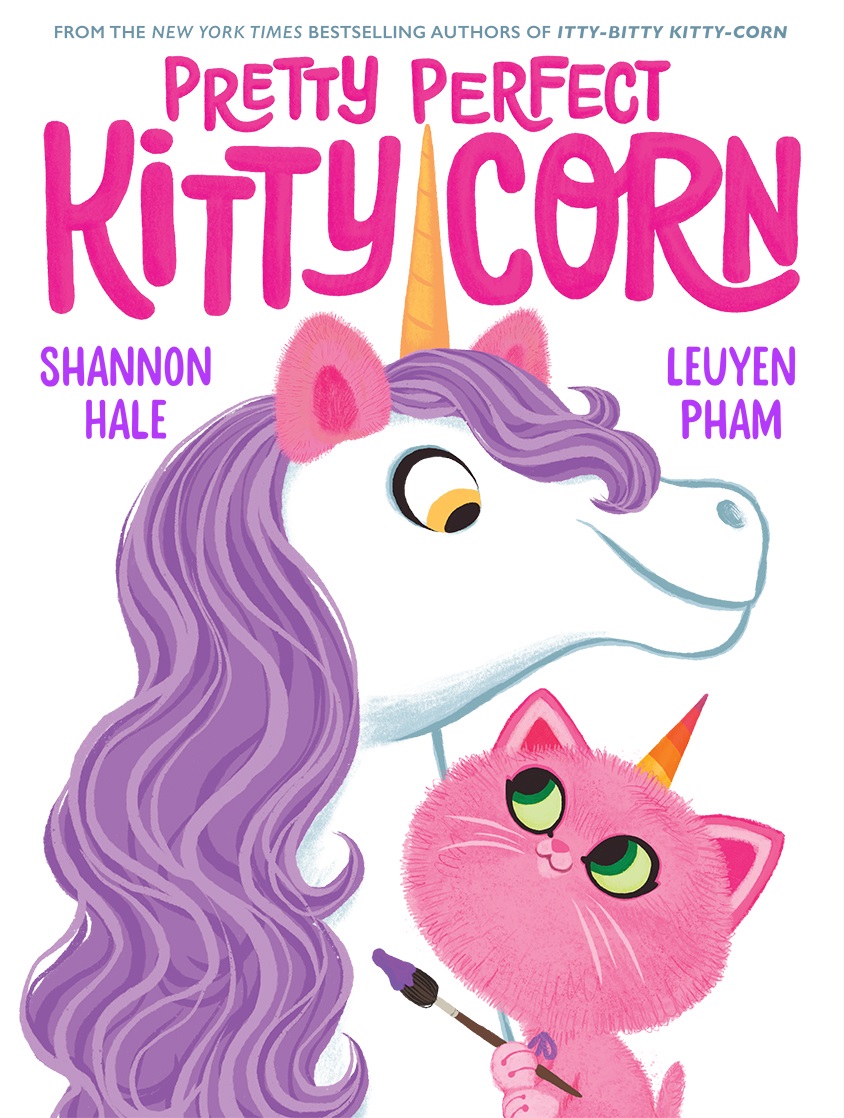 Pham: The longer I've been in this industry, the more I realize that true connections between creators is not common. It's rare, what you and I have, and I'm not saying that because you're my best friend. I'm saying that because I feel like it's hard to make these connections in a visual and creative way. Between us, there's no ego involved. And when there's no ego involved, it becomes all about the joy of making art. I love that I'm never scared to share any ideas with you. You're always going to be protective of everything that I say and do and I'm going to be equally protective of you. That goes beyond friendship--it goes beyond anything I've experienced in my creative life. I think the closest it comes to (and my husband will hate hearing this) is marriage. I feel very, very taken care of. There's this creative bubble between us where we make stories for each other. And every once in a while, we share those stories with the rest of the world. That's what Kitty-Corn is, a peek into our bubble.
Pham: The longer I've been in this industry, the more I realize that true connections between creators is not common. It's rare, what you and I have, and I'm not saying that because you're my best friend. I'm saying that because I feel like it's hard to make these connections in a visual and creative way. Between us, there's no ego involved. And when there's no ego involved, it becomes all about the joy of making art. I love that I'm never scared to share any ideas with you. You're always going to be protective of everything that I say and do and I'm going to be equally protective of you. That goes beyond friendship--it goes beyond anything I've experienced in my creative life. I think the closest it comes to (and my husband will hate hearing this) is marriage. I feel very, very taken care of. There's this creative bubble between us where we make stories for each other. And every once in a while, we share those stories with the rest of the world. That's what Kitty-Corn is, a peek into our bubble.
Hale: It's no coincidence that this book is about that kind of a friendship. We've got a tall, majestic unicorn and an adorable fluffy kitty--two characters who the world views very differently--but they see in each other this kinship. They are both kitty-corns, and their friendship meets in that place where they are so similar.
Pham: The first book came about very easily, because again, we were just two kids having fun with each other and trying to make each other laugh. The second book was tougher. Do you think it's because we had expectations? Because now we were anticipating an audience? Why was it so hard?
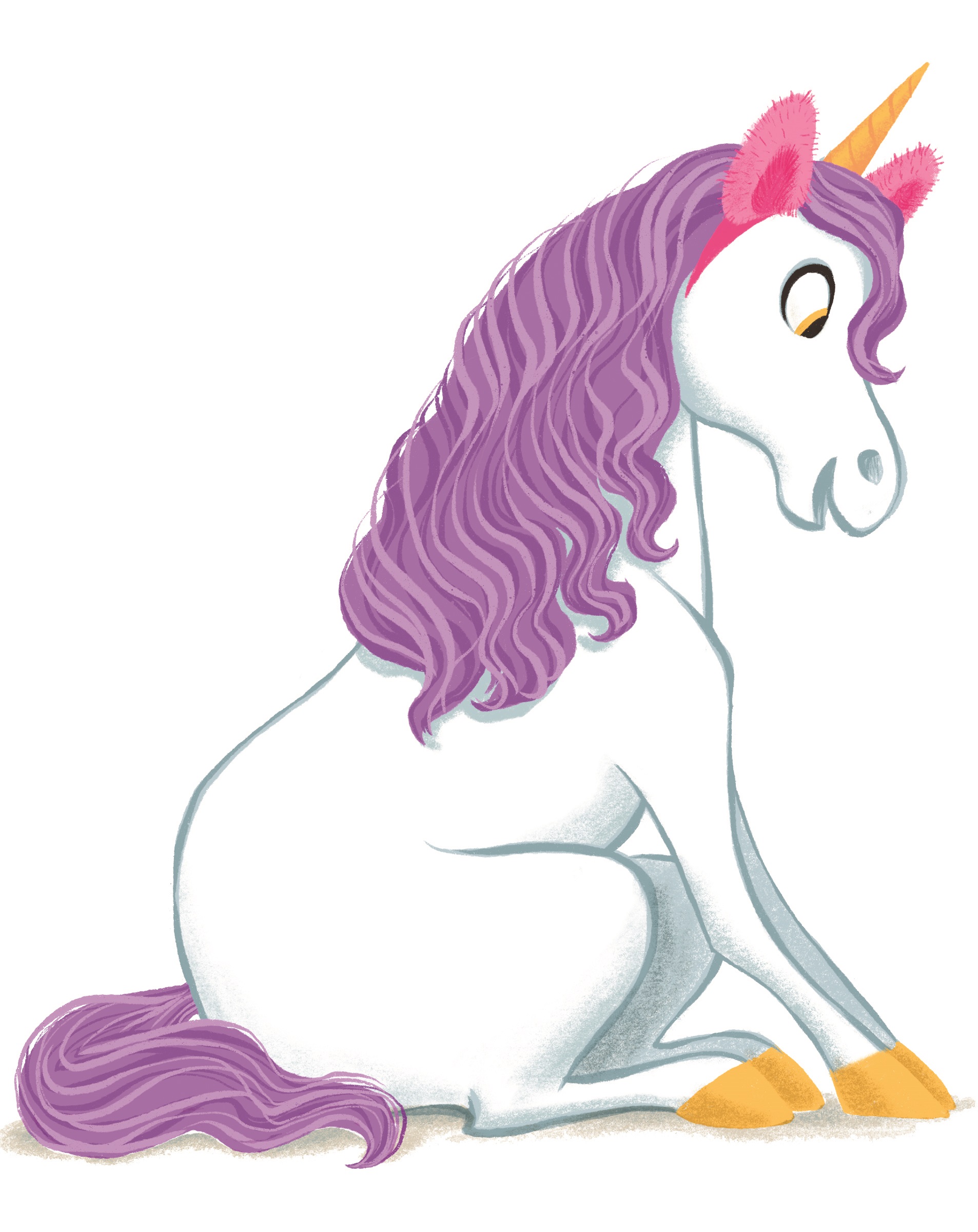 Hale: I think co-writing is always harder. It can be rewarding emotionally, and you end up with something unique, but it's challenging to balance someone else's ideas with your own. There's a reason why improv comedy is so scary! The first book was serendipitous, but with the second we didn't discover the heart of the story right away--we went back and forth for months. I revised the script, you revised the sketches, over and over. We could both tell it wasn't working, but we didn't know why. We might have given up, but I think that we were lucky that we've both been doing this for so many years, we have the muscle memory that when it's not working, you just keep working.
Hale: I think co-writing is always harder. It can be rewarding emotionally, and you end up with something unique, but it's challenging to balance someone else's ideas with your own. There's a reason why improv comedy is so scary! The first book was serendipitous, but with the second we didn't discover the heart of the story right away--we went back and forth for months. I revised the script, you revised the sketches, over and over. We could both tell it wasn't working, but we didn't know why. We might have given up, but I think that we were lucky that we've both been doing this for so many years, we have the muscle memory that when it's not working, you just keep working.
Pham: We were also exposing more of the personality of the characters than we did before. You and I have a very clear idea of who Kitty and Unicorn are, we're already very familiar with their universe beyond just the books. You and I have this ongoing debate as to which of us is Unicorn, usually depending on how good we feel about ourselves that day. But in this new book, I heavily identified as Kitty because she's the artist. And poor Unicorn is subjected to embarrassment and gets to be the silly one, all to try to please her kitty friend. And that is so YOU, Shannon! You're definitely the star of this one.
We're working on the third and fourth one now, and these are coming much more easily. I'm guessing it's because our co-writing gears are turned on. It's a little more fun to come up with ideas where we surprise each other with the solutions. We can't talk much about the third book, but you came up with a great solution for that one. You had called me with the cleverest solution, and as you were describing it to me, my brain was reaching the same conclusion at the same time. KISMET!
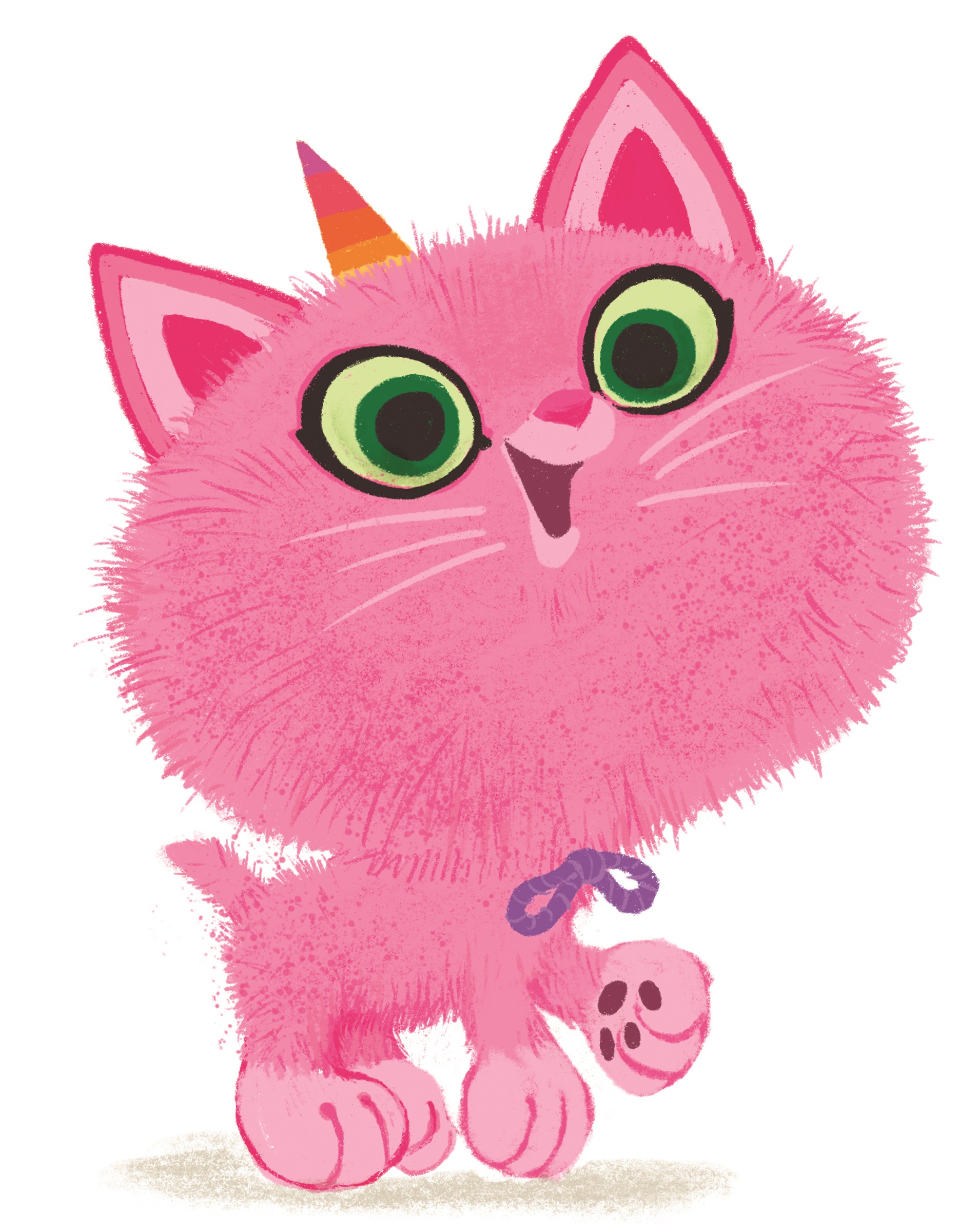 Hale: That's happened to me with you, too! If I can get mystical for a second, I think about how everything is made of energy, and it doesn't matter that you and I are in different states. We're still linked energetically just like anybody that really cares for somebody else. And when we sync up like that creatively, it is so cool.
Hale: That's happened to me with you, too! If I can get mystical for a second, I think about how everything is made of energy, and it doesn't matter that you and I are in different states. We're still linked energetically just like anybody that really cares for somebody else. And when we sync up like that creatively, it is so cool.
Pham: Yeah, it's a bit magical, I can't find any other way to describe it. Kitty-Corn is the greatest manifestation of what our friendship is. I feel like we have so much to say about these characters, because they're US. And we'll always have something to say as long as we stay friends. Kitty-Corn is evidence of what a genuine friendship is.
Hale: Yes! We wanted it to be funny. But at the heart we are so sincere in our love of these two characters and their friendship because we're creating it out of our own genuine friendship.
LeUyen Pham and Shannon Hale: 'A Peek into Our Bubble'
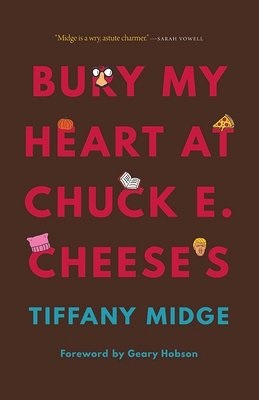 Tiffany Midge's Bury My Heart at Chuck E. Cheese's is abundant with brilliant satire: "For a thousand dollars," she promises, "I'll teach you sacred Native American rituals. The first cleansing rite involves you, a brush, ammonia, and my kitchen floor." She also offers cutting commentary without the balm of humor: "When a language dies, a piece of humanity dies with it." Next, Alicia Elliott echoes this theme in her affecting Canadian bestseller A Mind Spread Out on the Ground (Melville House, $18), named for a rough translation of the Mohawk phrase for depression: "[W]hen you learn a people's language, you learn their culture. It tells you how they think of the world, how they experience it."
Tiffany Midge's Bury My Heart at Chuck E. Cheese's is abundant with brilliant satire: "For a thousand dollars," she promises, "I'll teach you sacred Native American rituals. The first cleansing rite involves you, a brush, ammonia, and my kitchen floor." She also offers cutting commentary without the balm of humor: "When a language dies, a piece of humanity dies with it." Next, Alicia Elliott echoes this theme in her affecting Canadian bestseller A Mind Spread Out on the Ground (Melville House, $18), named for a rough translation of the Mohawk phrase for depression: "[W]hen you learn a people's language, you learn their culture. It tells you how they think of the world, how they experience it.".jpg) In Red Paint (Counterpoint, $25), Sasha taqʷšəblu LaPointe, poet and songwriter from the Nooksack and Upper Skagit Indian tribes, reflects incisively on her own life and the lives of powerful women throughout her family's lineage. Kali Fajardo-Anstine, in her 2020 American Book Award winner, Sabrina & Corina: Stories (One World, $17), crafts nuanced short stories of complex women reckoning with love, systems and land, centering Latinas of Indigenous descent.
In Red Paint (Counterpoint, $25), Sasha taqʷšəblu LaPointe, poet and songwriter from the Nooksack and Upper Skagit Indian tribes, reflects incisively on her own life and the lives of powerful women throughout her family's lineage. Kali Fajardo-Anstine, in her 2020 American Book Award winner, Sabrina & Corina: Stories (One World, $17), crafts nuanced short stories of complex women reckoning with love, systems and land, centering Latinas of Indigenous descent.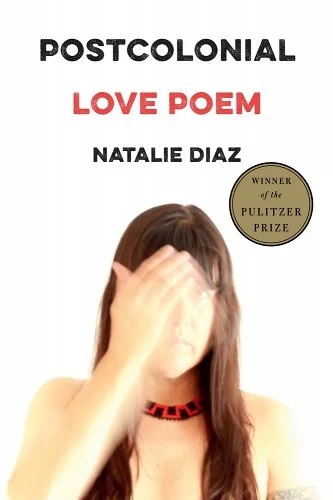 I recommend Natalie Diaz's entire catalogue, but start with her 2021 Pulitzer Prize-winner for Poetry, Postcolonial Love Poem (Graywolf, $16). Finally, cherish the The Tao of Raven: An Alaska Native Memoir (University of Washington Press, $17) by Ernestine Hayes. It offers moving multi-genre meditations on place and identity, and possibilities eclipsed and futures envisioned. --Katie Weed, freelance writer and reviewer
I recommend Natalie Diaz's entire catalogue, but start with her 2021 Pulitzer Prize-winner for Poetry, Postcolonial Love Poem (Graywolf, $16). Finally, cherish the The Tao of Raven: An Alaska Native Memoir (University of Washington Press, $17) by Ernestine Hayes. It offers moving multi-genre meditations on place and identity, and possibilities eclipsed and futures envisioned. --Katie Weed, freelance writer and reviewer



 Pham: The longer I've been in this industry, the more I realize that true connections between creators is not common. It's rare, what you and I have, and I'm not saying that because you're my best friend. I'm saying that because I feel like it's hard to make these connections in a visual and creative way. Between us, there's no ego involved. And when there's no ego involved, it becomes all about the joy of making art. I love that I'm never scared to share any ideas with you. You're always going to be protective of everything that I say and do and I'm going to be equally protective of you. That goes beyond friendship--it goes beyond anything I've experienced in my creative life. I think the closest it comes to (and my husband will hate hearing this) is marriage. I feel very, very taken care of. There's this creative bubble between us where we make stories for each other. And every once in a while, we share those stories with the rest of the world. That's what Kitty-Corn is, a peek into our bubble.
Pham: The longer I've been in this industry, the more I realize that true connections between creators is not common. It's rare, what you and I have, and I'm not saying that because you're my best friend. I'm saying that because I feel like it's hard to make these connections in a visual and creative way. Between us, there's no ego involved. And when there's no ego involved, it becomes all about the joy of making art. I love that I'm never scared to share any ideas with you. You're always going to be protective of everything that I say and do and I'm going to be equally protective of you. That goes beyond friendship--it goes beyond anything I've experienced in my creative life. I think the closest it comes to (and my husband will hate hearing this) is marriage. I feel very, very taken care of. There's this creative bubble between us where we make stories for each other. And every once in a while, we share those stories with the rest of the world. That's what Kitty-Corn is, a peek into our bubble. Hale: I think co-writing is always harder. It can be rewarding emotionally, and you end up with something unique, but it's challenging to balance someone else's ideas with your own. There's a reason why improv comedy is so scary! The first book was serendipitous, but with the second we didn't discover the heart of the story right away--we went back and forth for months. I revised the script, you revised the sketches, over and over. We could both tell it wasn't working, but we didn't know why. We might have given up, but I think that we were lucky that we've both been doing this for so many years, we have the muscle memory that when it's not working, you just keep working.
Hale: I think co-writing is always harder. It can be rewarding emotionally, and you end up with something unique, but it's challenging to balance someone else's ideas with your own. There's a reason why improv comedy is so scary! The first book was serendipitous, but with the second we didn't discover the heart of the story right away--we went back and forth for months. I revised the script, you revised the sketches, over and over. We could both tell it wasn't working, but we didn't know why. We might have given up, but I think that we were lucky that we've both been doing this for so many years, we have the muscle memory that when it's not working, you just keep working. Hale: That's happened to me with you, too! If I can get mystical for a second, I think about how everything is made of energy, and it doesn't matter that you and I are in different states. We're still linked energetically just like anybody that really cares for somebody else. And when we sync up like that creatively, it is so cool.
Hale: That's happened to me with you, too! If I can get mystical for a second, I think about how everything is made of energy, and it doesn't matter that you and I are in different states. We're still linked energetically just like anybody that really cares for somebody else. And when we sync up like that creatively, it is so cool.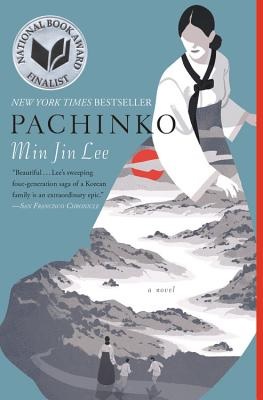 On March 25, Apple TV+ released the first three episodes of Pachinko, based on the 2017 novel by Min Jin Lee. It follows four generations of a Korean family in occupied Korea and as immigrants in Japan between 1910 and 1989, where they struggle to survive severe poverty and racism. The book takes its name from pachinko machines, similar to slot machines and extremely popular in Japan, highlighting the capricious paths of the characters' lives. Min Jin Lee's book received rave reviews and was a finalist for the 2017 National Book Award for Fiction. It is available in paperback from Grand Central ($17.99).
On March 25, Apple TV+ released the first three episodes of Pachinko, based on the 2017 novel by Min Jin Lee. It follows four generations of a Korean family in occupied Korea and as immigrants in Japan between 1910 and 1989, where they struggle to survive severe poverty and racism. The book takes its name from pachinko machines, similar to slot machines and extremely popular in Japan, highlighting the capricious paths of the characters' lives. Min Jin Lee's book received rave reviews and was a finalist for the 2017 National Book Award for Fiction. It is available in paperback from Grand Central ($17.99).